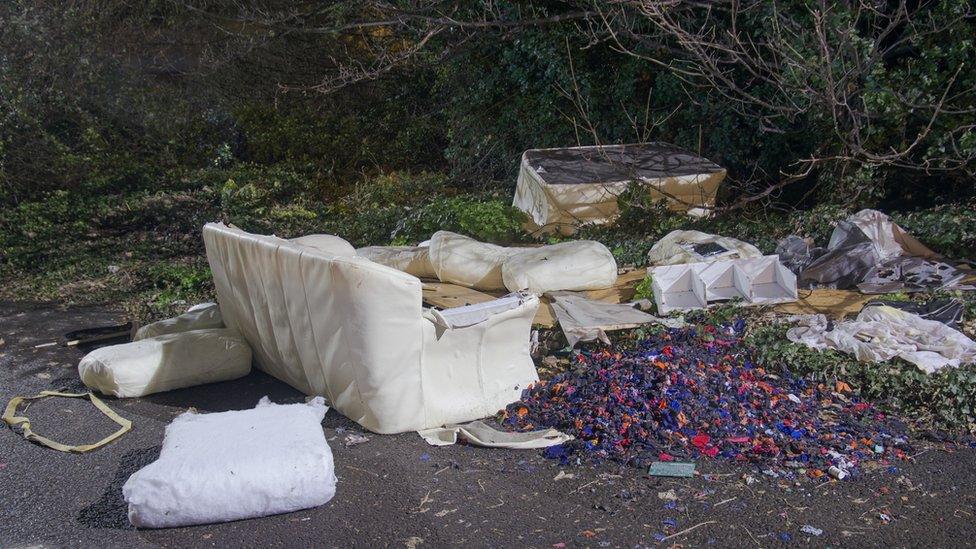Birmingham mobile household recycling centres hit streets
- Published
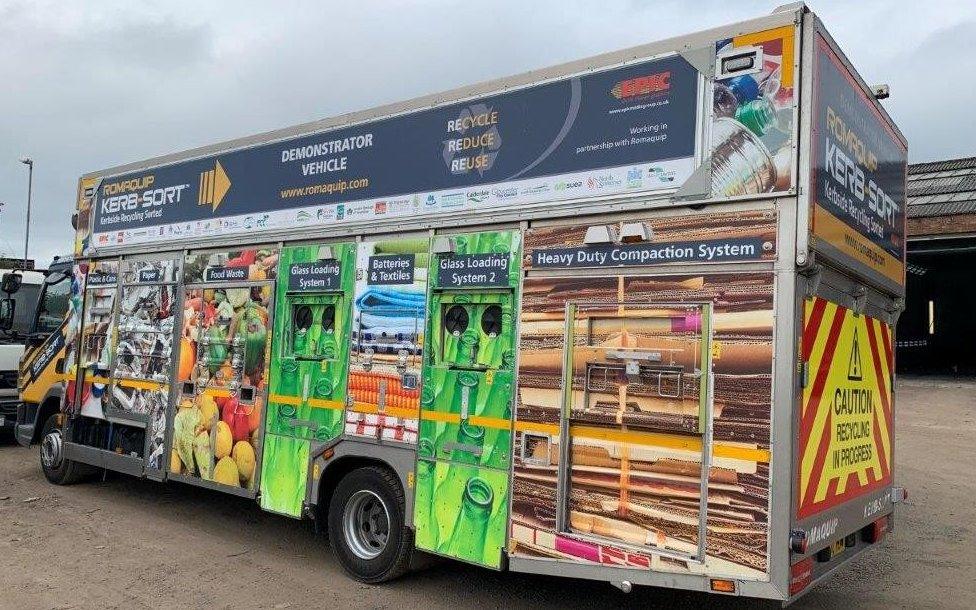
People will be able to put items into separate compartments in a vehicle like this one
Mobile household recycling centres will visit streets in Birmingham, after it was announced fly-tipping has gone up by at least a third.
Each of the four centres will comprise three vehicles - one for recycling, another for items for landfill and a van for furniture, for example.
They are set to appear on roads later this year as part of a pilot project from the council costing £1.4m.
It said it regularly had more than 800 reports of dumped rubbish a week.
The fleet was set to be deployed as part of the council's "effort to achieve cleaner streets by making it as easy as possible to dispose of waste and unwanted items in a responsible way".
The mobile centres would initially go to areas that "rank highly in the fly-tipping league table, poorly on environmental cleanliness surveys, and low for take-up of the council's paid-for bulky waste services", it stated.
They are to visit all 69 wards at least once in the next year.
The four centres will each include a refuse collection vehicle for items that cannot be reused or recycled.
They will also feature a wagon with compartments, so people can drop off waste for recycling by material type, and a van "for taking away items that can be reused by charities".
Details of dates and locations will be revealed on the council's website.
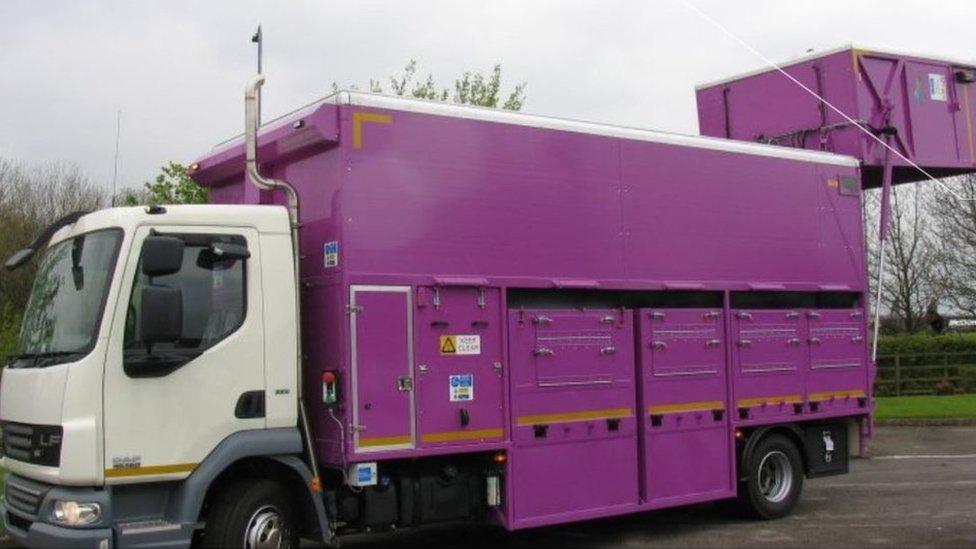
Final models in use in Birmingham may vary
Other initiatives as part of the authority's planned Cleaner Greener Streets schemes, costing £7.168 in total, include using new mobile CCTV camera technology to detect fly-tipping.
Cabinet member for street scene and parks John O'Shea said since the start of the coronavirus pandemic it had seen "weekly fly-tipping case numbers increase significantly".
He added in a typical week "just before the global health crisis, we were receiving 500-600 reports of dumped rubbish".

Follow BBC West Midlands on Facebook, external, Twitter, external and Instagram, external. Send your story ideas to: newsonline.westmidlands@bbc.co.uk, external
Related topics
- Published10 June 2021
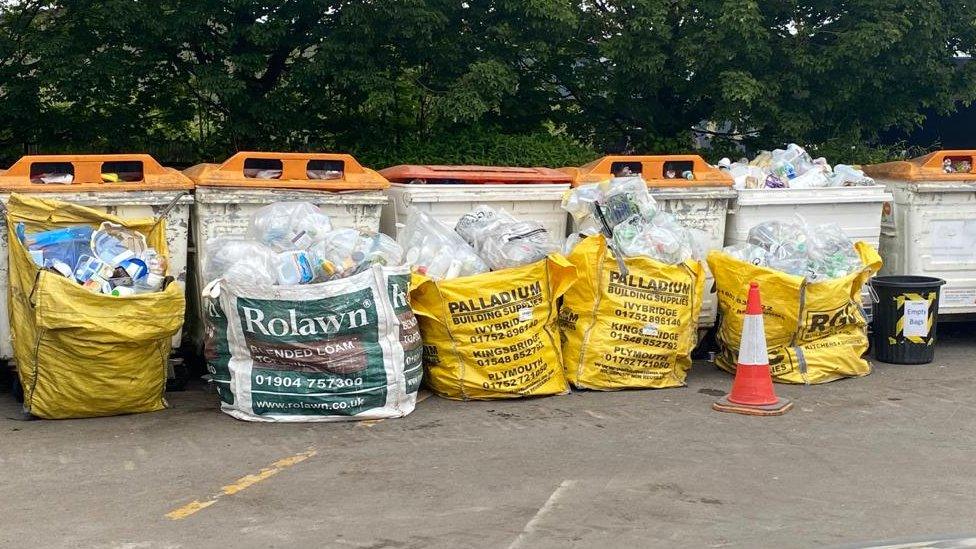
- Published20 May 2021
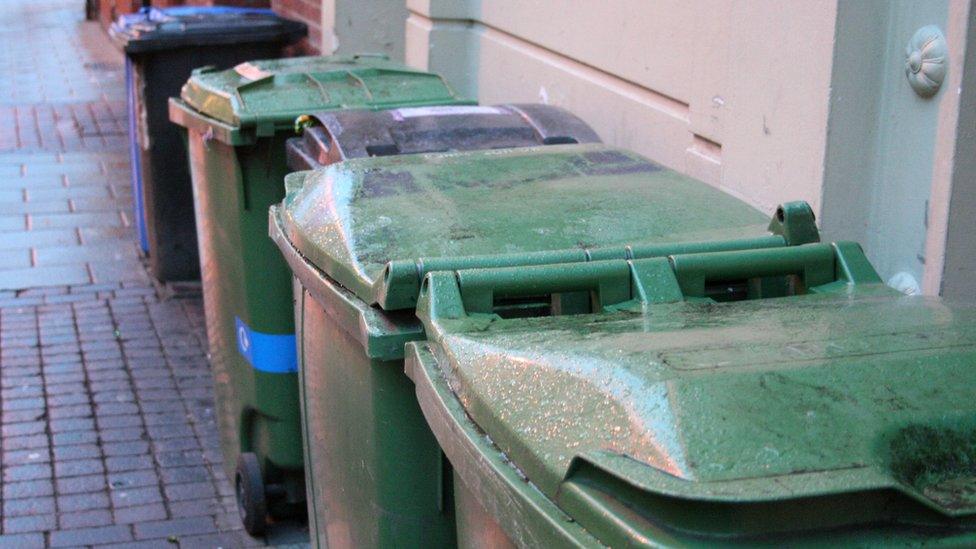
- Published10 March 2021
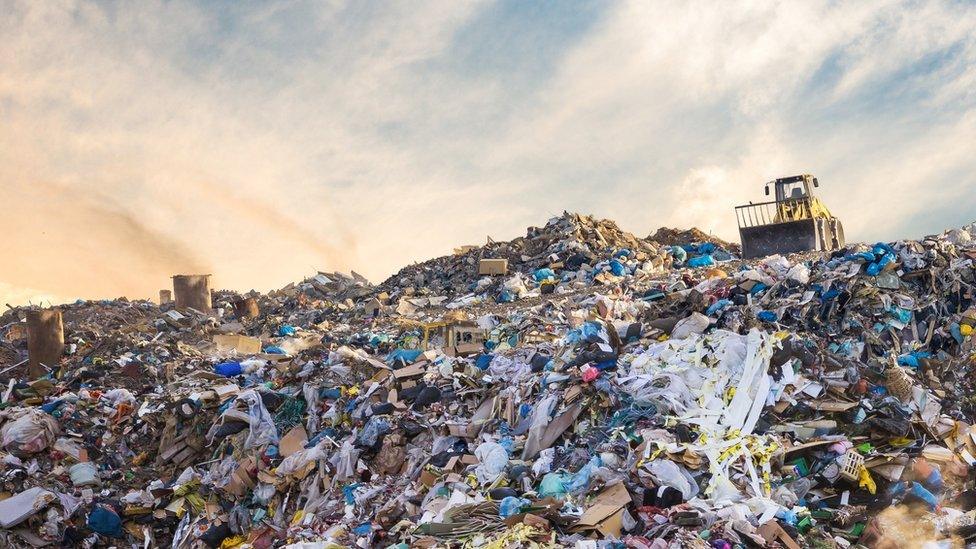
- Published24 February 2021
